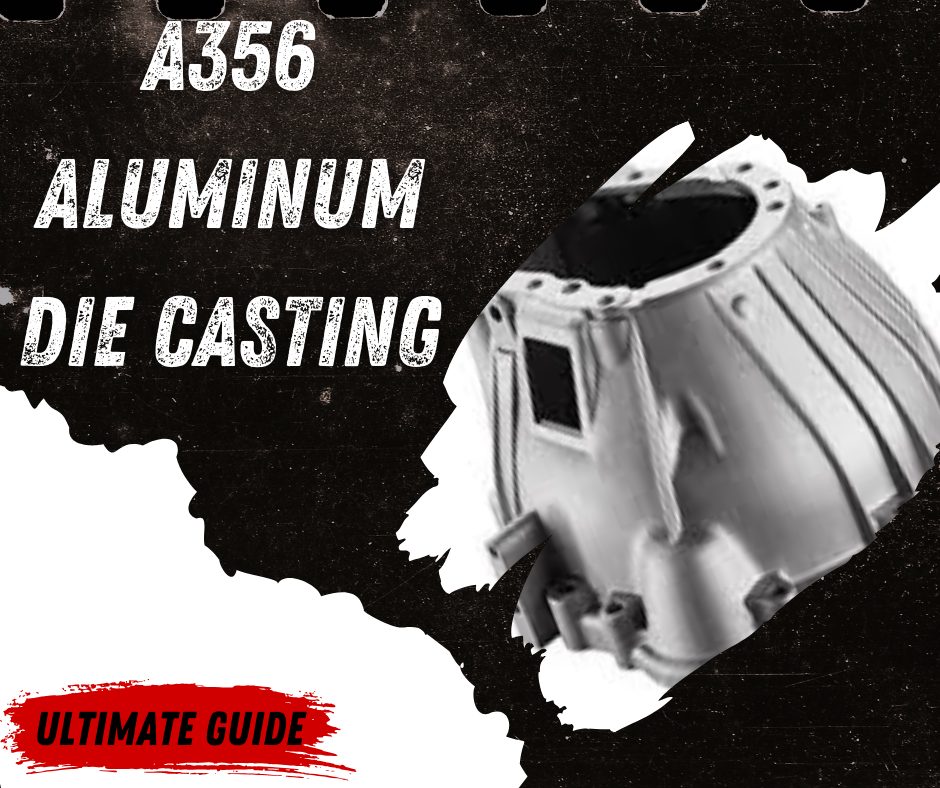About Alcast Company
About Alcast Company
Blog Article
Not known Details About Alcast Company
Table of ContentsA Biased View of Alcast CompanyThe 8-Second Trick For Alcast CompanyAlcast Company Fundamentals ExplainedThings about Alcast CompanyThe Alcast Company PDFsAlcast Company Fundamentals Explained
Chemical Comparison of Cast Light weight aluminum Alloys Silicon promotes castability by reducing the alloy's melting temperature and boosting fluidity throughout spreading. Additionally, silicon adds to the alloy's toughness and put on resistance, making it beneficial in applications where durability is vital, such as automobile components and engine components.It likewise boosts the machinability of the alloy, making it easier to process right into ended up items. By doing this, iron adds to the general workability of aluminum alloys. Copper boosts electrical conductivity, making it beneficial in electric applications. It also boosts corrosion resistance and adds to the alloy's overall toughness.
Manganese adds to the strength of aluminum alloys and boosts workability (Foundry). It is commonly made use of in functioned light weight aluminum products like sheets, extrusions, and profiles. The existence of manganese aids in the alloy's formability and resistance to breaking during fabrication processes. Magnesium is a light-weight component that supplies stamina and effect resistance to aluminum alloys.
Alcast Company Things To Know Before You Buy
It allows the manufacturing of light-weight parts with superb mechanical residential or commercial properties. Zinc boosts the castability of light weight aluminum alloys and helps manage the solidification procedure throughout spreading. It enhances the alloy's strength and firmness. It is typically discovered in applications where complex shapes and great information are necessary, such as decorative spreadings and particular vehicle components.

The key thermal conductivity, tensile toughness, yield toughness, and elongation differ. Amongst the above alloys, A356 has the highest possible thermal conductivity, and A380 and ADC12 have the cheapest.
What Does Alcast Company Do?

In precision spreading, 6063 is appropriate for applications where complex geometries and high-grade surface finishes are critical. Examples include telecommunication rooms, where the alloy's superior formability enables for smooth and aesthetically pleasing designs while maintaining architectural stability. In the Illumination Solutions industry, precision-cast 6063 components create sophisticated and efficient lights fixtures that call for detailed forms and excellent thermal performance.
It brings about a finer surface area coating and much better rust resistance in A360. Furthermore, the A360 shows premium prolongation, making it ideal for complicated and thin-walled parts. In accuracy casting applications, A360 is fit for industries such as Customer Electronic Devices, Telecommunication, and Power Devices. Its improved fluidity enables elaborate, high-precision elements like mobile phone housings and communication gadget real estates.
Alcast Company - An Overview
Its special residential properties make A360 a useful selection for accuracy casting in these sectors, boosting item toughness and high quality. Light weight aluminum alloy 380, or A380, is a commonly used spreading alloy with numerous distinctive characteristics. It provides outstanding castability, making it an optimal choice for precision casting. A380 exhibits great fluidness when molten, guaranteeing complex and thorough molds are accurately duplicated.
In accuracy spreading, light weight aluminum 413 shines in the Customer Electronic Devices and Power Equipment sectors. This alloy's exceptional deterioration resistance makes it an exceptional option for exterior applications, ensuring long-lasting, resilient products in the pointed out markets.
Some Ideas on Alcast Company You Need To Know
Once you have decided that the aluminum die casting process appropriates for your project, an essential next step is picking the most ideal alloy. The aluminum alloy you choose will significantly influence both the casting procedure and the residential or commercial properties of the end product. As a result of this, you should make your choice very carefully and take an educated method.
Identifying the most ideal light weight aluminum alloy for your application will suggest weighing a wide selection of features. These comparative alloy features follow the North American Pass Away Casting Association's guidelines, and we've split them into two straight from the source groups. The first group addresses alloy qualities that affect the manufacturing procedure. The 2nd covers attributes impacting the properties of the last item.
Some Known Incorrect Statements About Alcast Company
The alloy you pick for die spreading directly affects several facets of the spreading procedure, like just how simple the alloy is to work with and if it is vulnerable to casting problems. Hot splitting, also called solidification fracturing, is a regular die spreading flaw for aluminum alloys that can result in interior or surface-level splits or cracks.
Particular aluminum alloys are more vulnerable to warm cracking than others, and your selection must consider this. One more common flaw located in the die casting of light weight aluminum is pass away soldering, which is when the actors stays with the die wall surfaces and makes ejection challenging. It can harm both the actors and the die, so you need to search for alloys with high anti-soldering residential or commercial properties.
Corrosion resistance, which is currently a remarkable quality of light weight aluminum, can differ substantially from alloy to alloy and is a necessary characteristic to think about depending on the environmental problems your product will be exposed to (aluminum metal casting). Use resistance is another residential or commercial property commonly looked for in aluminum products and can distinguish some alloys
Report this page